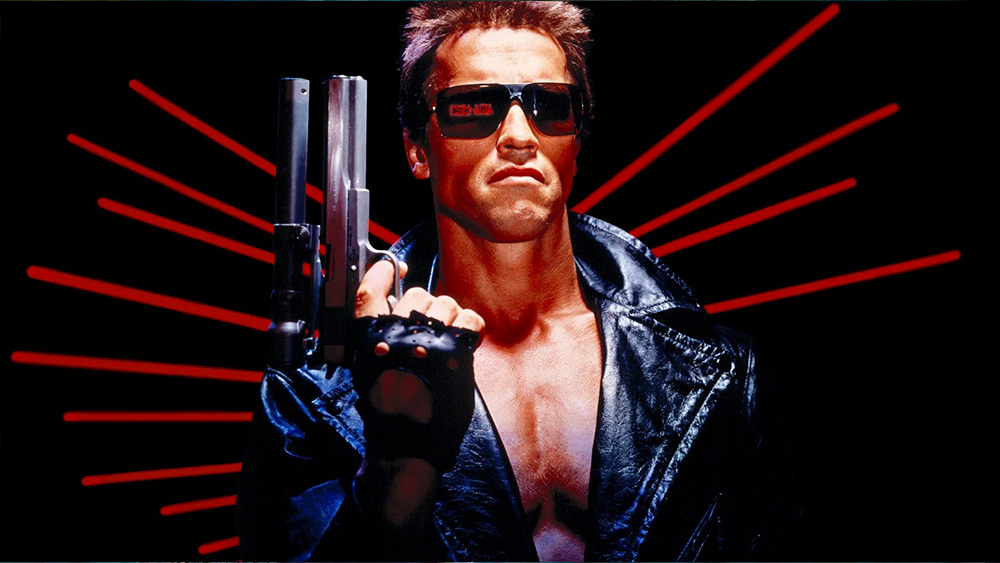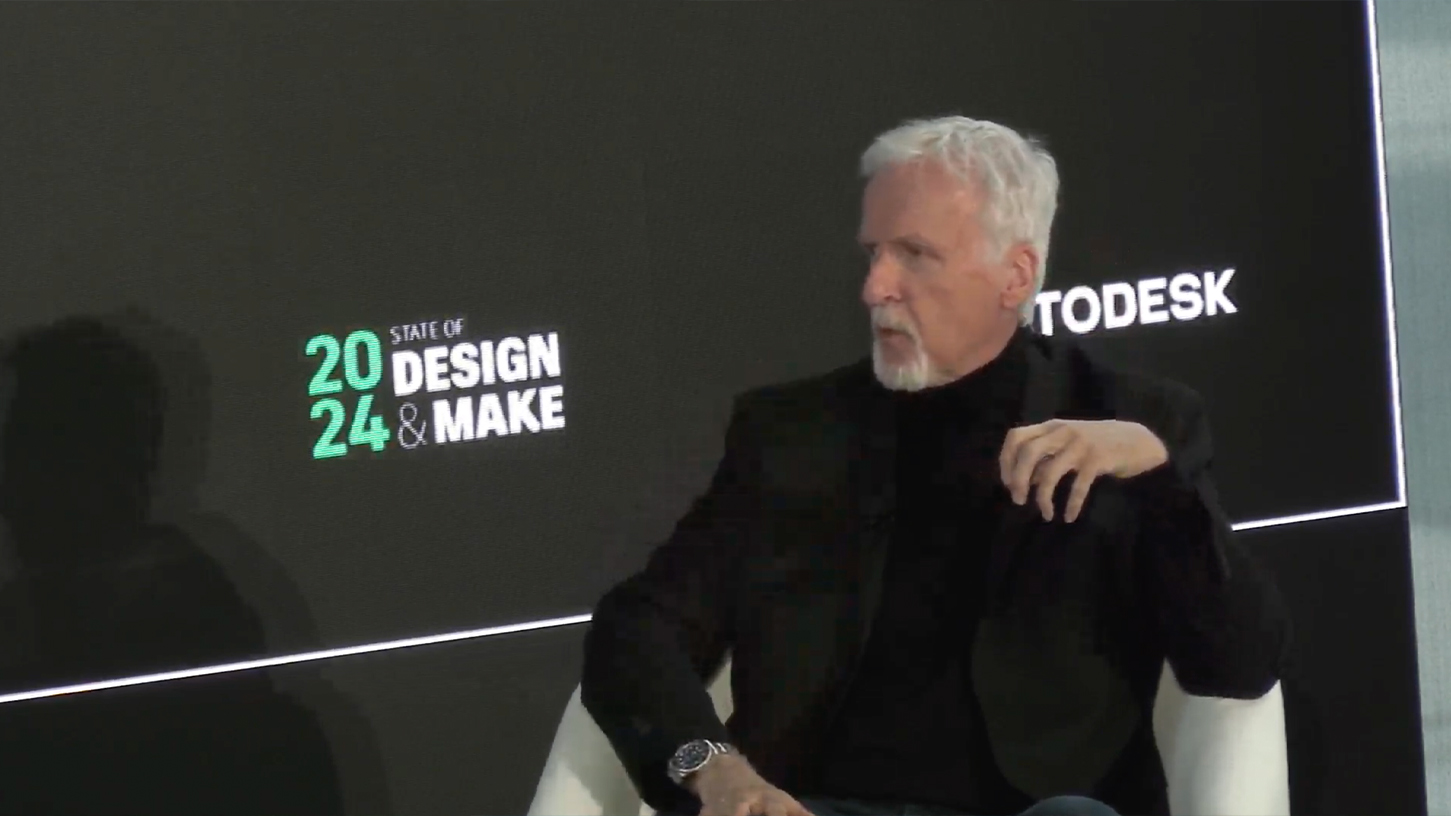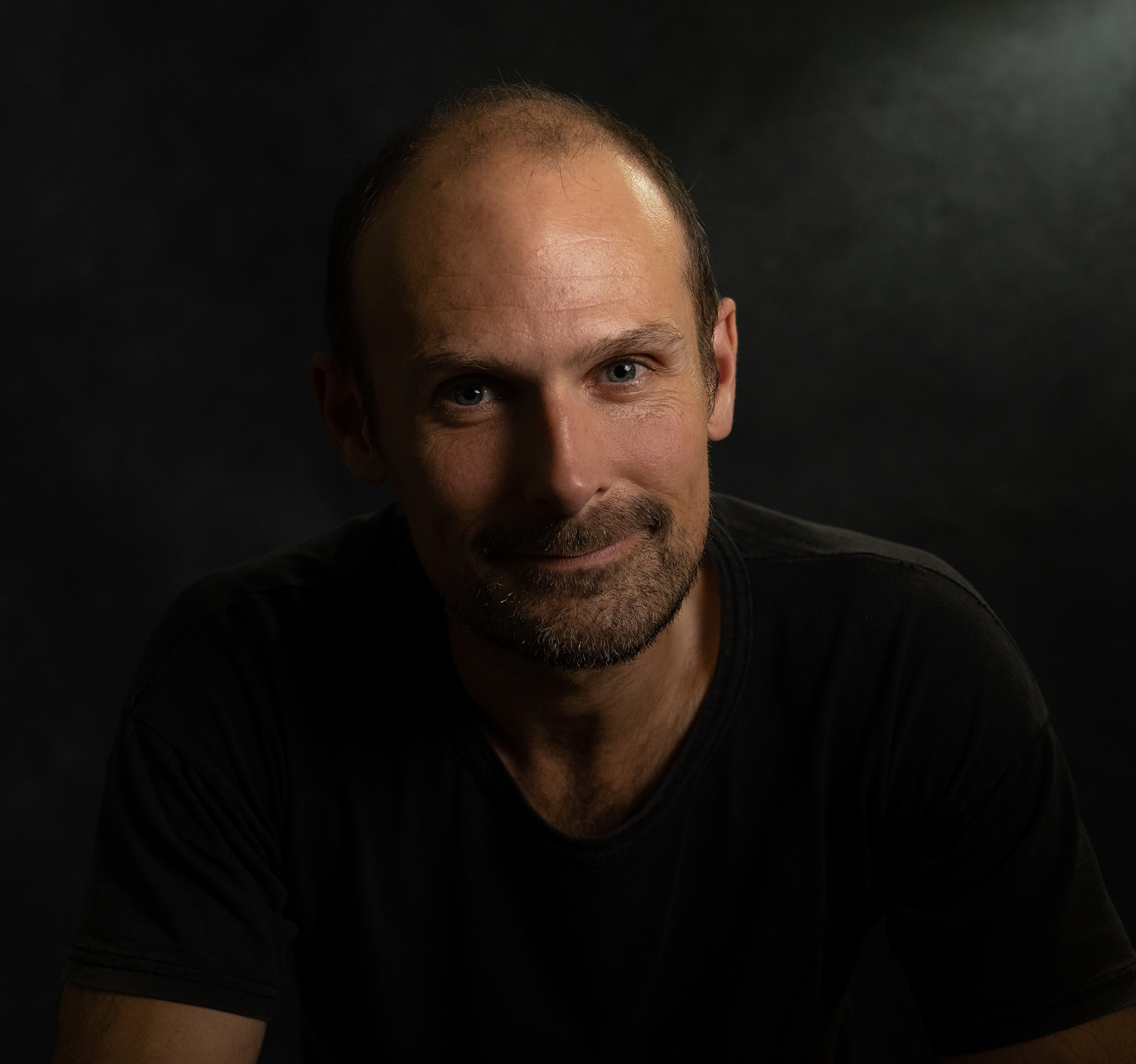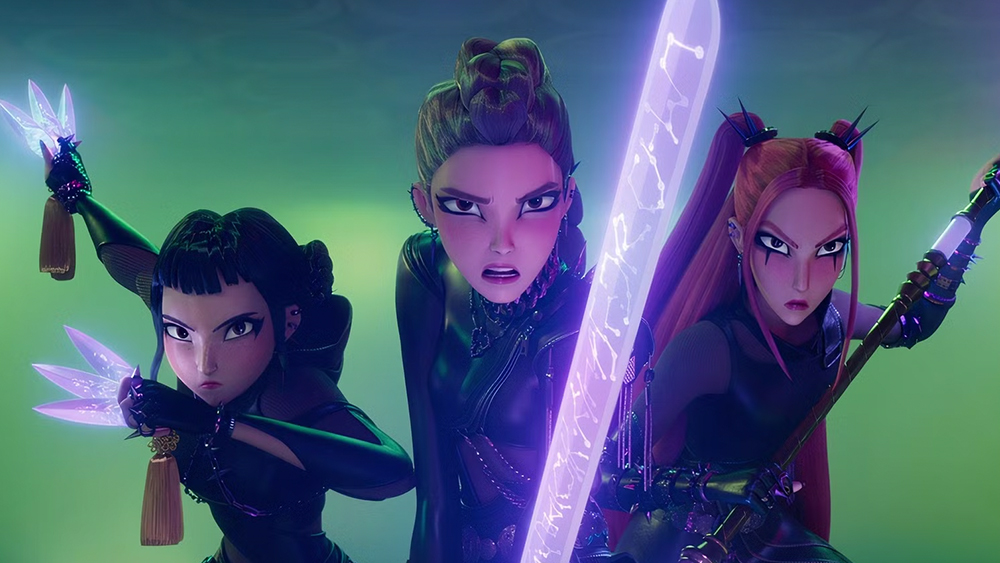
Sign up to Creative Bloq's daily newsletter, which brings you the latest news and inspiration from the worlds of art, design and technology.
You are now subscribed
Your newsletter sign-up was successful
Want to add more newsletters?

Five times a week
CreativeBloq
Sign up to Creative Bloq's daily newsletter, which brings you the latest news and inspiration from the worlds of art, design and technology.

Once a week
By Design
Sign up to Creative Bloq's daily newsletter, which brings you the latest news and inspiration from the worlds of art, design and technology.

Once a week
State of the Art
Sign up to Creative Bloq's daily newsletter, which brings you the latest news and inspiration from the worlds of art, design and technology.

Seasonal (around events)
Brand Impact Awards
Sign up to Creative Bloq's daily newsletter, which brings you the latest news and inspiration from the worlds of art, design and technology.
On the face of it, the filmmaker James Cameron seems to have changed his mind about AI. Just over a year ago, the director of The Terminator, Avatar and Titanic was concerned that the tech was a danger to humanity. Now he's joined the board of Stability AI, the company behind the open-source AI image generator Stable Diffusion.
But it isn't necessarily the about-turn that it might seem. AI is a vast area of technology that's being applied to everything from defence to health care. When Cameron spoke of the dangers of AI, he wasn't specifically referring to generative AI for imagery and video. And it was perhaps inevitable that a director who's always aimed to be at the cutting edge of tech would be interested in how AI could change filmmaking, if only to maintain his reputation as an innovator. But it does set up something of a battle in the industry.
Today, our CEO, @premakkaraju, announced that legendary filmmaker, technology innovator, and visual effects pioneer, James Cameron, has joined the Stability AI Board of Directors.Cameron’s addition represents a significant step forward in our mission to transform visual media.… pic.twitter.com/UCirE4WTUsSeptember 24, 2024
Announcing Cameron's appointment to the board, Stability AI CEO Prem Akkaraju said that “James Cameron lives in the future and waits for the rest of us to catch up.” He added that having Cameron on board gave the company an "unmatched advantage" to achieve its goal of transforming visual media for the next century "by giving creators a full stack AI pipeline to bring their ideas to life".
For more on what has been said, check out an interview with the two from CNBC below:
Stability AI's post about the appointment on X was greeted with a barrage of rocket icons and generic comments that "the future begins here" and "it's happening". Until one person pointed out: "Didn't James Cameron make the terminator?"
Indeed, he did. And Cameron himself has pointed out the parallels with the film, in which the AI Skynet turns on humankind. When he was asked in an interview with CTV in July of last year about how early AI pioneers were raising concerns about advances in the technology, he replied: "I absolutely share their concern. I warned you guys in 1984, and you didn't listen."
At that point, Cameron said he “certainly wouldn't be interested” in AI writing his scripts, but that doesn't mean he didn't already see potential in other areas. In a conversation with Autodesk CEO Andrew Anagnost in April, Cameron said he thought AI could be helpful in filmmaking "because it can fill in some of those detail levels and allow us as artists to stay at a higher level." He also seemed to suggest that it could help make a film "cheaper, faster and more efficiently".
Sign up to Creative Bloq's daily newsletter, which brings you the latest news and inspiration from the worlds of art, design and technology.

Of his decision to join Stability AI, Cameron says: "I’ve spent my career seeking out emerging technologies that push the very boundaries of what’s possible, all in the service of telling incredible stories. I was at the forefront of CGI over three decades ago, and I’ve stayed on the cutting edge since. Now, the intersection of generative AI and CGI image creation is the next wave."
The news of Cameron joining AI comes just days after John Wick maker Lionsgate announced that it would create an in-house AI video generator with Runway trained on its own back catalogue. But many filmmakers remain fiercely opposed to the use of generative AI.
The Transformers director Michael Bay has claimed that AI "doesn't create, it just imitates. And it will create a whole bunch of lazy people." Hiyao Miyazaki, the writer and directer of Studio Ghibli classics like Spirited Away, has gone further, calling AI-generated video "an insult to life itself".
But the uses of generative AI in filmmaking aren't limited to all-out image generation. The most practical benefits are more likely to be in editing, effects. During our AI Week back in June, Lightricks CEO Zeev Farbman assured us that he didn't think AI would replace filmmakers but that it would streamline expensive and tedious tasks, allowing filmmakers to devote more time to other parts of filmmaking like shooting A-roll and creating major special effects.

Joe is a regular freelance journalist and editor at Creative Bloq. He writes news, features and buying guides and keeps track of the best equipment and software for creatives, from video editing programs to monitors and accessories. A veteran news writer and photographer, he now works as a project manager at the London and Buenos Aires-based design, production and branding agency Hermana Creatives. There he manages a team of designers, photographers and video editors who specialise in producing visual content and design assets for the hospitality sector. He also dances Argentine tango.

